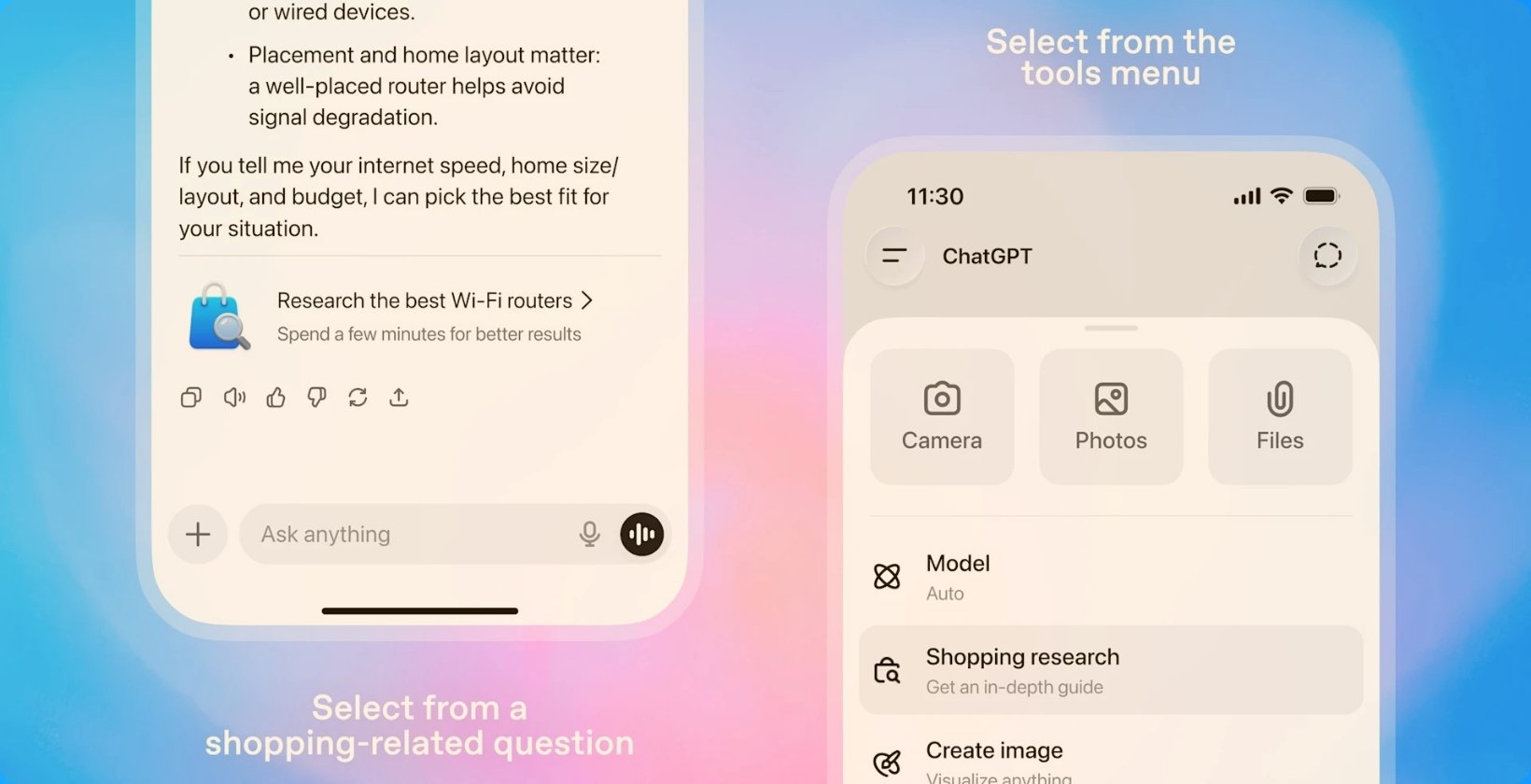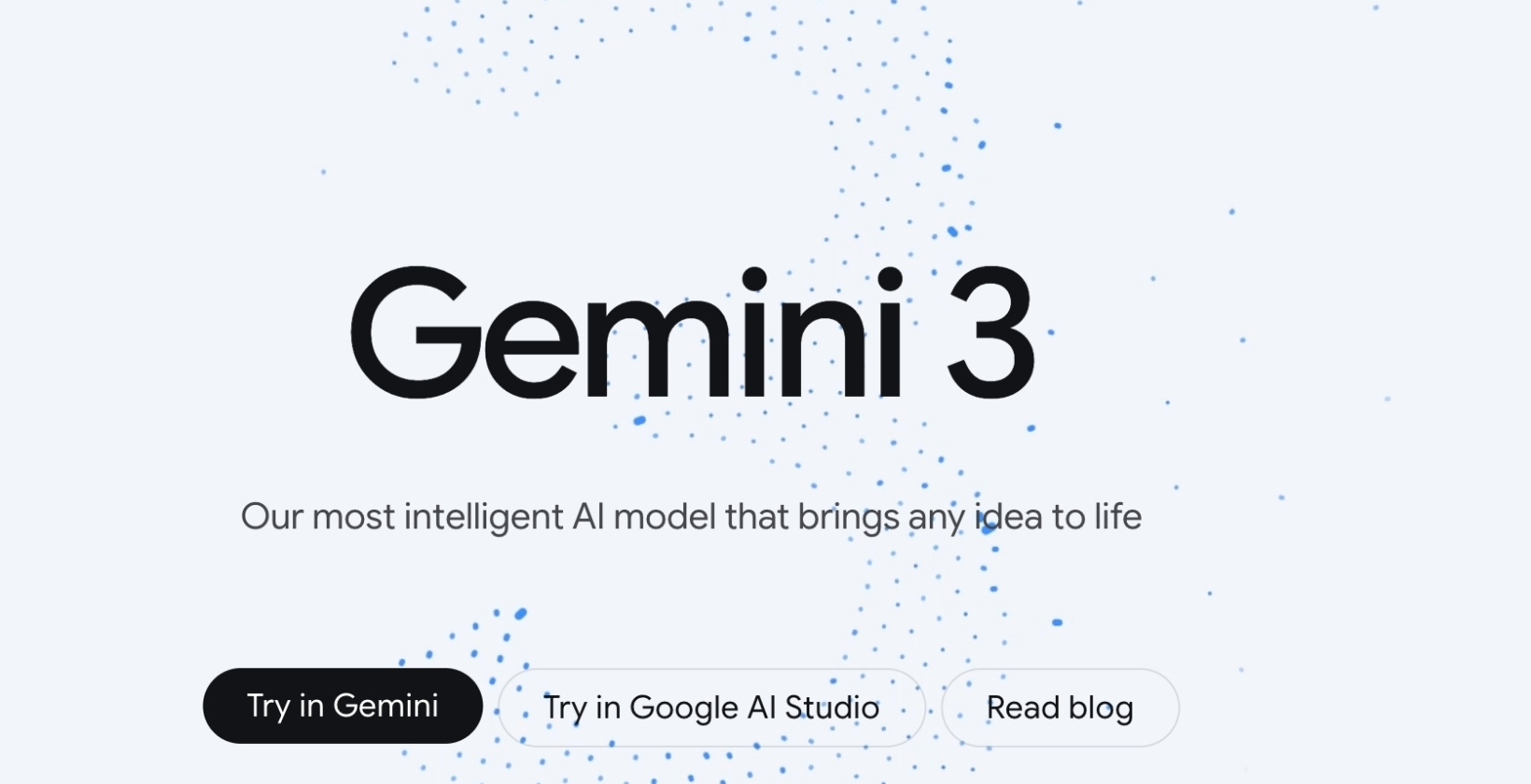OpenAI CEO Sam Altman recently shared insights into how the company might eventually monetize ChatGPT, suggesting that while traditional pay-to-rank advertising isn’t part of the plan, some form of ads could appear in the future. In a recent interview, Altman emphasized maintaining user trust as the foundation of ChatGPT’s growth, contrasting its model with Google’s ad-driven ecosystem.
A User-Aligned Approach to Monetization
Altman explained that his vision for ChatGPT is to remain a trusted, user-first assistant, not a platform influenced by ad dollars. He criticized Google’s advertising model, arguing that its revenue depends on search results that often prioritize advertisers over user experience.
“Ads on a Google search are dependent on Google doing badly,” Altman said. “If it was giving you the best answer, there’d be no reason ever to buy an ad above it.”
Altman contrasted this with ChatGPT’s approach, where users pay directly for value, aligning the product’s incentives with user satisfaction rather than ad revenue.
Transaction Fees Instead of Ads
Altman said he’s open to transaction-based revenue models that don’t compromise trust. For instance, if a user books a hotel through ChatGPT, OpenAI could earn a small transaction fee — but without altering search recommendations.
“If ChatGPT shows you the best hotel, and if you book it with one click, taking the same cut any service would, that’s probably okay,” he explained. “What would be catastrophic is taking payment to put a worse hotel above a better one.”
Altman believes this approach allows OpenAI to generate revenue while preserving the integrity of its recommendations.
Beyond Commerce: The Future of Monetization
When asked how OpenAI plans to sustain itself financially, Altman said he doesn’t expect ChatGPT’s main revenue stream to come from travel bookings or affiliate-style transactions. Instead, he envisions OpenAI making money by using its advanced models to solve complex global problems, such as medical breakthroughs or scientific discoveries.
“The way to monetize the world’s smartest model is certainly not hotel booking,” he said. “I want to discover new science and figure out a way to monetize that.”
Altman also noted that future AI-driven commerce will likely operate with lower profit margins, suggesting a shift toward long-term innovation over quick revenue.
Ads Could Still Happen – In a Different Way
Despite rejecting the traditional advertising model, Altman did acknowledge that a version of ads might eventually appear in ChatGPT.
“There’s a kind of ad that I think would be really bad, like the one we talked about,” he said. “There are kinds of ads that I think would be very good or pretty good to do. I expect it’s something we’ll try at some point.”
However, Altman didn’t specify what form these ads might take, adding humorously that he avoids focusing on things he doesn’t enjoy doing.
Key Takeaway
Sam Altman’s comments reveal a clear direction for OpenAI’s monetization strategy – one that prioritizes trust, transparency, and user benefit over short-term profit. While traditional pay-to-rank ads are off the table, Altman left the door open for ethically designed ad models that complement, rather than compromise, the user experience.
His broader vision for OpenAI is to create economic and scientific value through innovation, ensuring that ChatGPT remains a tool users can trust, not one driven by ad dollars.




